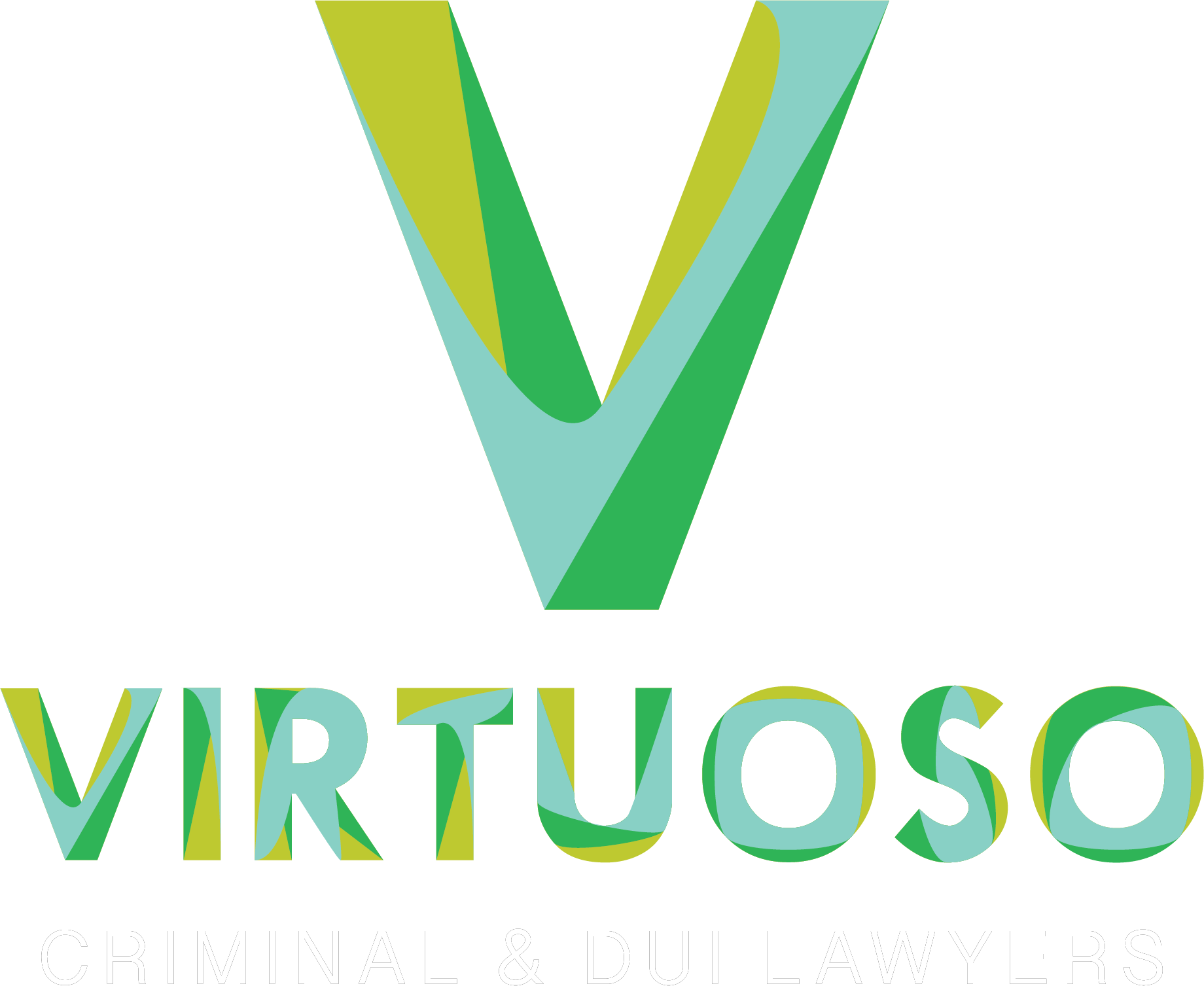Military Court/Diversion
Criminal court and DMV Representation.
Veterans
For current and former members of the US military who are charged with crimes in California, Veterans Court may be an advisable way to resolve their case in order to avoid jail time, obtain treatment, and obtain different forms of “restorative relief” to lessen the effect of having a conviction “follow them.”
Veterans Court
California allows, but does not require any county court system to set up sentencing alternatives for Veterans. Many county court systems, however, have established Veterans Courts and
Let Us Help You
Am I eligible for Veterans Court?
What is Restorative Relief? Why should I do Veterans Court?
For all of its benefits, Veterans’ Court is not necessarily a “get out free” card for Defendants who participate. As explained above, a person sentenced to participate in Veterans Court will have to participate in some kind of treatment, which may be uncomfortable at times. In some cases, the Defendant may consider whether they might be more interested in a probationary sentence outside of Veterans Court. And in some other cases, the Defendant may actually consider that a jail sentence might be preferable if it is for a shorter period of time than a period of inpatient treatment within Veterans’ Court. But Veterans Court participation comes with a special benefit (aside from avoiding jail time altogether): restorative relief.
A court granting restorative relief under PC 1170.9 can decide to reduce a felony count down to a misdemeanor, terminate the defendant’s probation early, or grant an expungment for some offenses. This last part-an expungment-is important because traditionally, expungment was often not an available remedy for offenders who might have been a “fit” for Veterans Court. However, expungment is still not available for offenders convicted of certain sexual and child abuse offenses, as well as Vehicle Code Section 42002.1 (failure to stop and submit to inspection).
PC 1190(h) states it is “in the interests of justice” to grant restorative relief to Veterans Court participants when:
- The Defendant was granted Veterans Court probation,
- The Defendant was in “substantial compliance” of that probation,
- During that time, the Defendant successfully participated in programs or treatment to address the sexual trauma, PTSD, traumatic brain injury, substance abuse or mental health problems stemming from military service,
- The Defendant does not represent a dance to the health and safety of others AND
- The defendant has “demonstrated significant benefit” from court-ordered treatment
The court will consider all of the below factors in deciding whether a Veterans’ Court participant should be granted restorative relief:
- The Defendant’s completion/degree of participation in treatment
- The Defendant’s progress in formal education
- The Defendant’s development of career potential
- The Defendant’s leadership and personal responsibility efforts
- The Defendant’s contribution of service in support of the community
No single factor here carries more weight than others, as the court should make a holistic determination of how the Defendant has progressed under Veterans Court supervision. When petitioning the court for restorative relief, Defense counsel should prepare to argue all five of the above factors as best they can in order to persuade the court to grant it.
Whenever a defendant is granted “restorative relief” under PC 1170.9, they never have to disclose the fact of their arrest, conviction, or any aspect of their case to anyone, even if asked “under oath or affirmation”, except for a few circumstances. The defendant will still have to answer questions about their case if directly asked in a questionnaire or when filling out an application for a job in law enforcement. Otherwise, once restorative relief is granted, the Defendant may keep the facts of their case private.
Clips of Counsel: Watch and Learn
“Daniel Vaswani, lead attorney at Virtuoso Criminal and DUI Lawyers, explains the complicated process of a DUI arrest and the importance of hiring the right lawyer.”
“Attorney Joe McPeak from Virtuoso Criminal and DUI Lawyers discusses important defense strategies for domestic violence cases.”
“Discover how speaking with an attorney just days before your court date can dramatically impact your chances of release.“
We are Available



